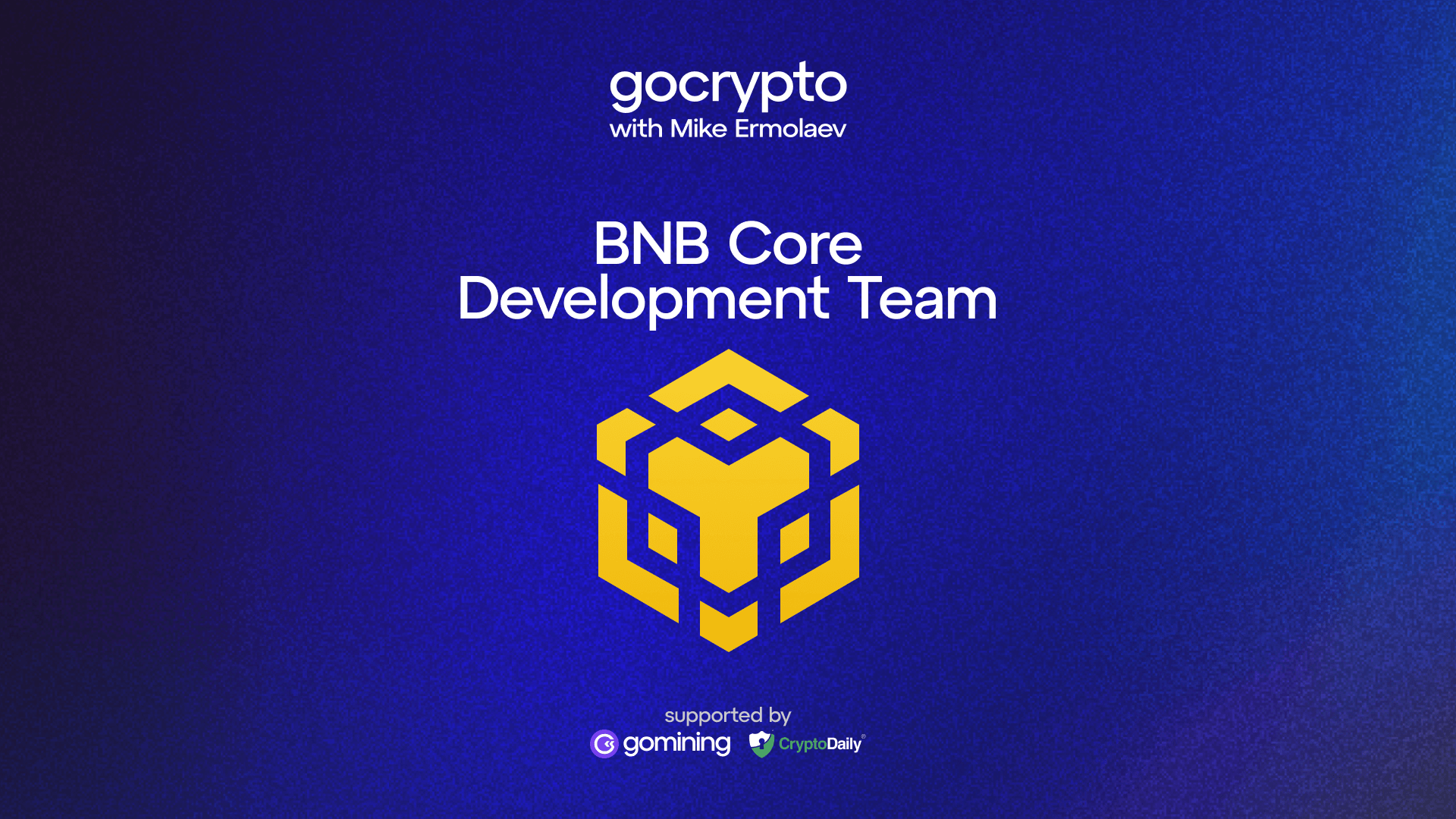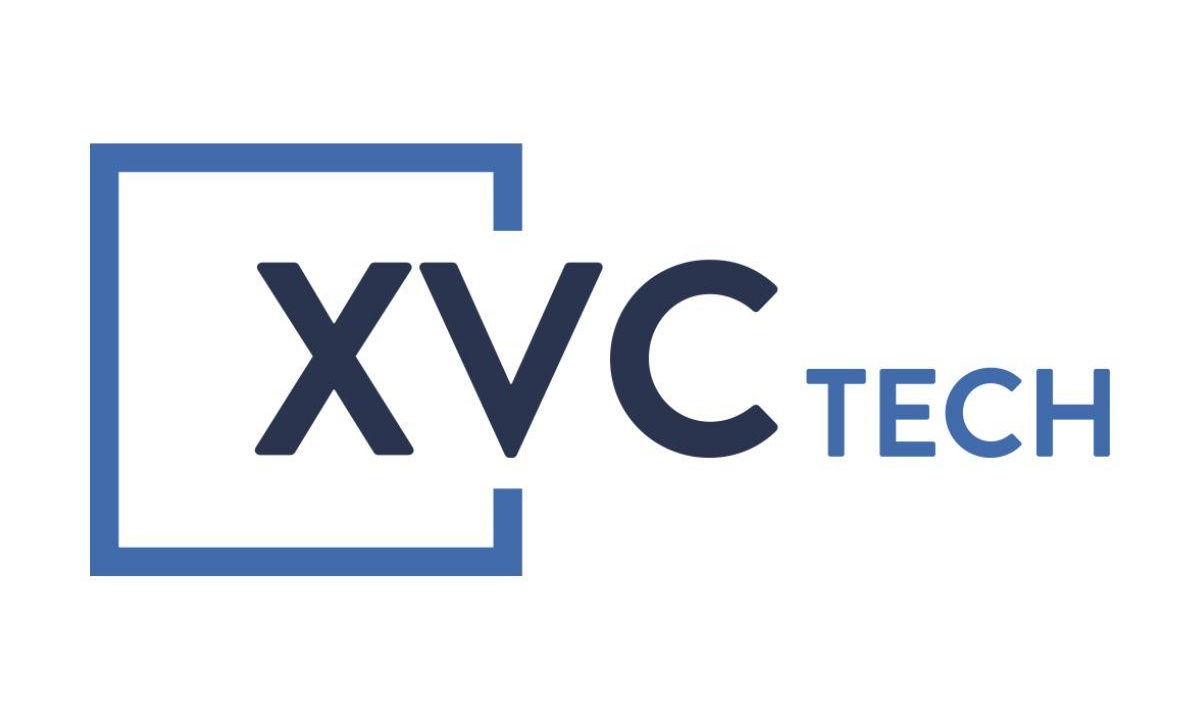For those of us who’ve ever found ourselves in the position of having to send money overseas to family or for a small business payment, we’ve all felt the dread of having to deal with banks and wire transfers.
Most traditional banks charge relatively high fees on international money transfers and payments for decades now, as well as not being transparent with exchange rates and while that is still a factor in certain markets, that’s certainly not the case today in many countries in the world.
The rate of growth that some fintech money transfer companies have experienced over the past few years has been staggering, with many of the industry leaders calling the UK home. Regulation pushing for a level playing field has contributed to the growth of Non-Bank Financial Institutions, NBFIs, as either Payment or Electronic Money Institutions.
With extensive knowledge of the money transfer market, Leon Isaacs is well placed to discuss these trends, and commented that “the global money transfer/remittance industry is in a state of flux. The traditional or historical cash-to-digital-to-cash based operators are at a cross-roads.”
“They have invested heavily over the years in establishing physical distribution networks at both the send and receive sides of a transaction. However, the advance of digital services, online or app based on the send side and mobile driven on the receive side, are challenging the old way of doing business. Many traditional operators are therefore going through a readjustment process to try to move customers to digital methods whilst trying to maintain margins and keep existing cash in/cash out outlets happy.”
Chief among those who have seen a lot of success is TransferWise, the well-known UK fintech unicorn that has recently been valued at $1 billion after raising over $390 million of funding in seven rounds but has only recently started seeing a profit after six years in existence.
Who can remain profitable?
Rob Ayers, CEO of Fintech-Advisors, commented that “most brands, including TransferWise, report rapid increases in transactions and customers, but profits remain elusive for all of these new fintechs. Investment money proliferates, but we’ll see who can leave the red ink behind.”
One thing we do know is that with investment at an all-time high, we’re going to see a continual rise in viable alternatives to traditional banking, and with the World Bank estimating that migrants from all over the globe sent a combined more than 600 billion a year and continuously growing, it’s not hard to see why.
Hugo Cuevas-Mohr, Director of IMTC and Mohr World Consulting commented: “Even if only 10-15% of cash-based migrants are convinced to move to digital outbound money transfer methods, these digital-first fintechs are growing by acquiring clients from banks by providing transparency and easy-to-use apps”.
Aamer Abedi, CMO of RemitONE, a UK’s top money transfer solution, believes that the money transfer industry in the UK is going to witness key shifts in 2019. “The uncertainty of Brexit created a slowdown in the UK market in the past two years but in 2019 our licensing services and new clients using our payment platform have rebounded, and we are witnessing a rise in the number of new money service business setups in the UK and these setups are mostly subsidiaries of established MTOs and banks in the Gulf and Africa. But the drive in IT will certainly come from traditional companies looking for top-of-the-line solutions to connect with the API’s of fintechs, banks and other service providers.” concluded Abedi.
It’s not just Aamer Abedi who is optimistic about the future of the industry in the UK. “How is this translating into Fintech?” asked Leon Isaacs. “Well in the UK, Fintech continues to grow in terms of new entrants and potential solutions driven by a welcoming regulatory environment and a strong pool of technical expertise. This will continue for some time but there is always the dark cloud of Brexit on the horizon that could have catastrophic negative effects on Fintechs and financial services in general if it is not implemented properly.
Nina Huelsken, a consultant based in Germany and co-chair with Leon Isaacs of the coming IMTC EMEA 2019 industry event this July in London, commented: “As ever, the industry needs to discuss all these matters, visualize the trends, find new partnerships to expand services or distribution channels, to share experiences and views and then get on and implement solutions. We can’t forget that blockchain-based solution and cryptocurrencies are also creating an ecosystem that is being interconnected to the industry. Just follow what Ripple and IBM are doing.”
Don’t misunderstand, the financial services industry is nowhere to be disrupted altogether as traditional banks and non-banks are looking for ways to re-invent themselves. Anyone that is set in their ways must think outside the box in an attempt to remain competitive or peril.
Talking about how 2019 looks to be shaping up, Leon Isaacs believes that “2019 is currently shaping up to be a good year for money transfer, remittance and payment companies. Flows and revenues are increasing as migration continues to grow and bucks the increasing anti-immigrant sentiments around the world.
“It also looks like prices will remain stubbornly high as competition continues to be somewhat limited due largely to derisking efforts by banks that unfortunately do not really show any prospects of improving, unless that is, governments put proper pressure on banking institutions (something they have singularly shied away from doing up to now).”
Compliance is key
Another critical factor in the success of these new fintech companies, and the industry as a whole, is strong compliance.
As Rob Ayers says, “the compliance noose will continue to tighten on both sides of the Atlantic (and elsewhere)’. Brandi Reynolds, a US compliance consultant commented: “There is no evidence that compliance requirements will ease any time soon but new technological solutions are helping compliance officers manage red flags, create and build reports and better succeed in control the risk that certain corridors or products present”.
What are the challenges? What are the opportunities?
One thing that is for sure is that the industry is as exciting and innovative as it’s ever been, but challenges still abound such as the ones already mentioned: derisking, technology updates, compliance and regulation, without forgetting Brexit and the “trade wars”. But every challenge always brings an opportunity.
The RemTech Awards 2019, an initiative established to foster innovation in the industry, will be announcing this year’s winners at IMTC EMEA in London on July 3. With close to 30 entries this year, the awards are an example of how dynamic the industry is. Olivia Chow, the RemTECH Awards Coordinator says “when we launched the awards in 2016 at the United Nations in New York we didn’t know if innovators were going to join and every year since then the suspense and the anticipation has been mounting. We can’t be happier. Right now the 2019 entries are collecting votes, by mid-june the judging panel will decide the winners and on July 3 in London we will hand in the trophies!”
Hugo Cuevas-Mohr, is also excited about the coming event: “Besides the influential co-chairs Leon Isaacs and Nina Huelsken, we will have some of the most knowledgeable panelists and colleagues from more than 15 countries converging in London on July 1-3. I will be delighted to see Faisal Khan, Catherine Wines, Claire Scharwatt, Deb Thoren-Peden, Miguel Linares, Lourdes Soto, Daniel Wood, George Harrap, John Burns, Salvador Velazquez, just to name a few.“
Investment Disclaimer








